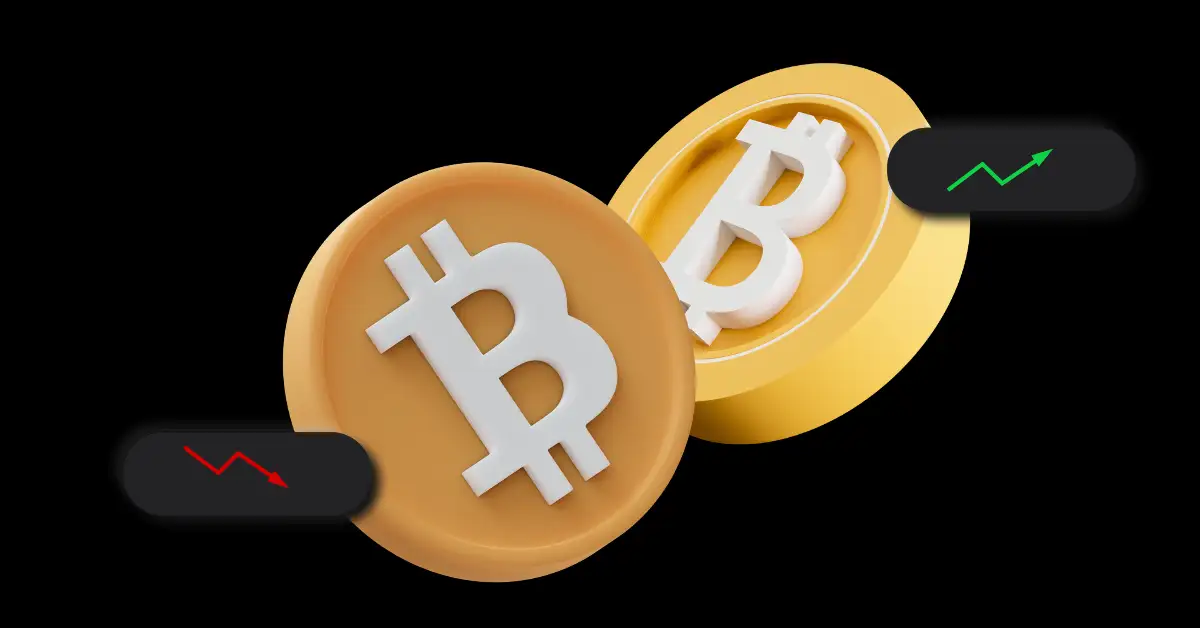SEC Charges Individual Behind Saitama Inu Meme Coin Launch
The US Securities and Exchange Commission (SEC) filed a lawsuit against an individual connected with the issuance and promotion of the Saitama Inu (SAITAMA), according to a complaint released recently.
This legal action follows a series of joint enforcement initiatives launched earlier this month. The SEC, the Federal Bureau of Investigation (FBI), and the Department of Justice (DOJ) charged multiple cryptocurrency entities suspected of fraud and market manipulation.
SEC Pushes Misleading Investors and Pump-and-Dump Allegations
The complaint, filed in the US District Court, alleges that the defendant, Vy Pham, illegally sold unregistered securities in the form of digital tokens. It also accuses Pham of misleading investors and promoting Saitama Inu through deceptive tactics. Some of the cited deceptive practices include fraudulent statements about the coin’s value and prospects.
According to the SEC, Pham leveraged social media channels to promote the meme coin. He artificially inflated the value of Saitama Inu and ultimately profited at the expense of unsuspecting investors. Advertising a strong community backing and future utility, Pham reportedly promised substantial returns to investors.
However, the SEC contends that Pham’s promotional efforts were part of a “pump-and-dump” scheme, a form of securities fraud. In such schemes, the promoter hypes up the asset to boost its price, only to offload its holdings at inflated rates. This leaves other investors with significant losses as the token value crashes.
“Pham misled investors by making grand promises of wealth, and as a result, many individuals lost significant amounts of money,” said Gurbir S. Grewal, Director of the SEC’s Enforcement Division, in a statement.
Read more: How Does Regulation Impact Crypto Marketing? A Complete Guide
This lawsuit is part of a wider crackdown initiated on October 9 by the SEC, FBI, and DOJ against four cryptocurrency entities . Citing Gotbit Consulting, ZM Quant Investment, and CLS Global, the coordinated enforcement action centers on allegations of fraudulent activities and market manipulation. These are tactics used to deceive investors by fabricating market demand.
Potential Implications for the Future of Meme Coins
Meme coins , unlike Bitcoin or Ethereum, typically lack intrinsic utility or clear use cases, making them highly volatile. They are often subject to rapid price fluctuations, driven by social media trends or endorsements from influencers.
This lawsuit reflects the SEC’s ongoing efforts to ensure compliance with securities laws in the growing cryptocurrency market. The SEC is committed to fighting against fraud, misleading information, and market manipulation. This is as more retail investors flock to digital assets.
“The cryptocurrency market continues to grow, and with it, the risks to investors. The SEC will continue to take action against those who violate securities laws, no matter how new or innovative the assets may be,” Grewal added.
Read more: Crypto Regulation: What Are the Benefits and Drawbacks?
Meme coins can be entertaining and lucrative for some. However, they also come with significant risks, especially when manipulation is in play. The outcome of the SEC’s case against Pham could have far-reaching implications for the future of meme coins.
The court ruling in favor of the SEC could set a legal precedent, bringing stricter regulations on similar digital assets and their promoters.
Disclaimer: The content of this article solely reflects the author's opinion and does not represent the platform in any capacity. This article is not intended to serve as a reference for making investment decisions.
You may also like
Synthetix Aims To Fix Staking And Revive The Stablecoin
Cardano (ADA) Clears All Losses as Price Skyrockets 46% in 7 Days

Story Protocol Partners With Oxford University To Improve AI Agent Communication
Textbook rollercoaster market, $300 billion disappears in a flash

